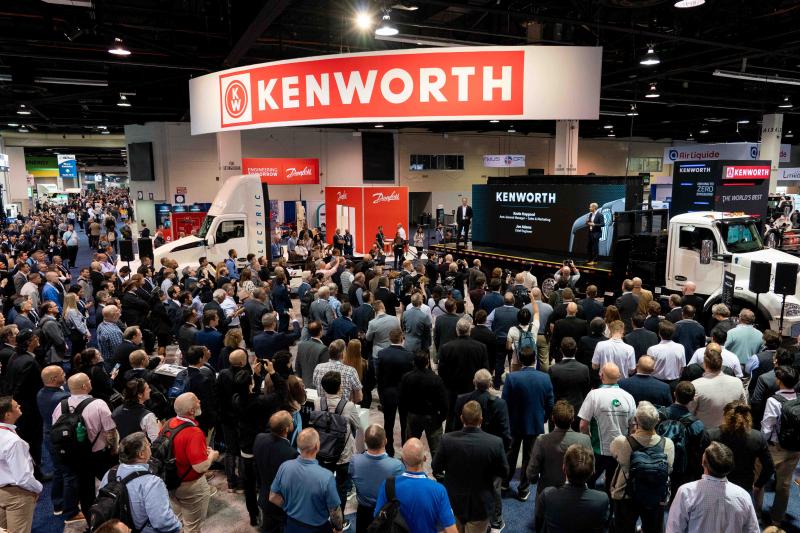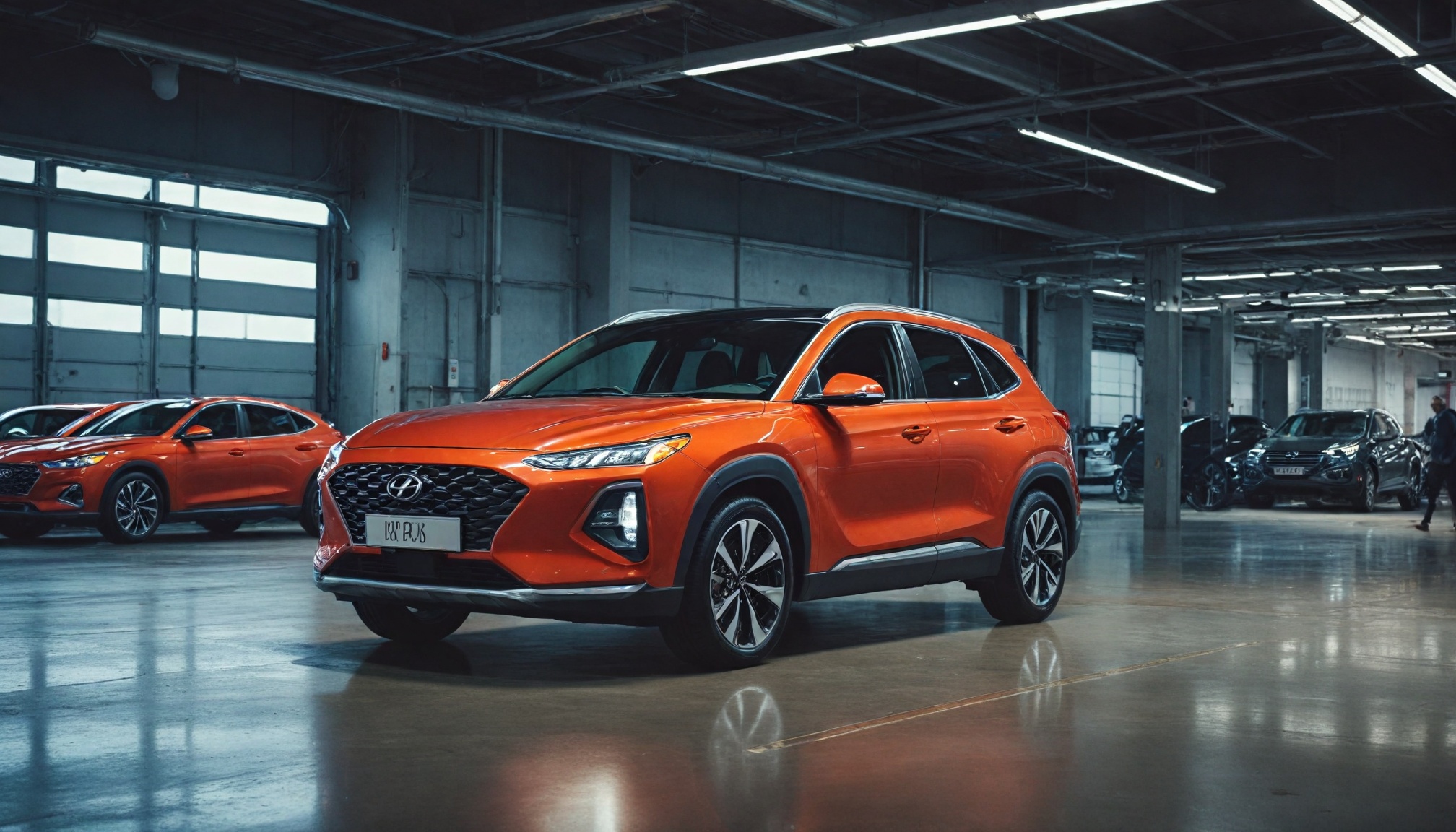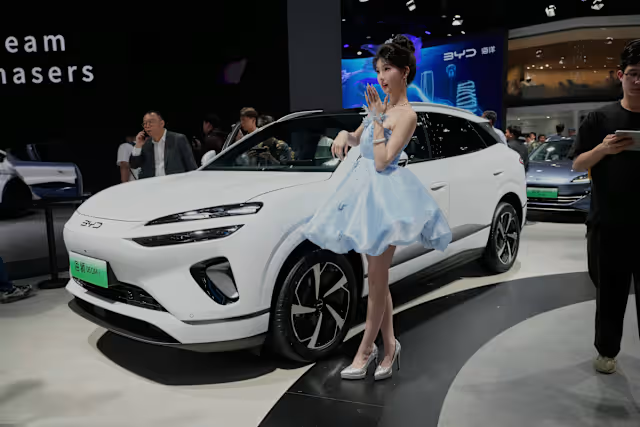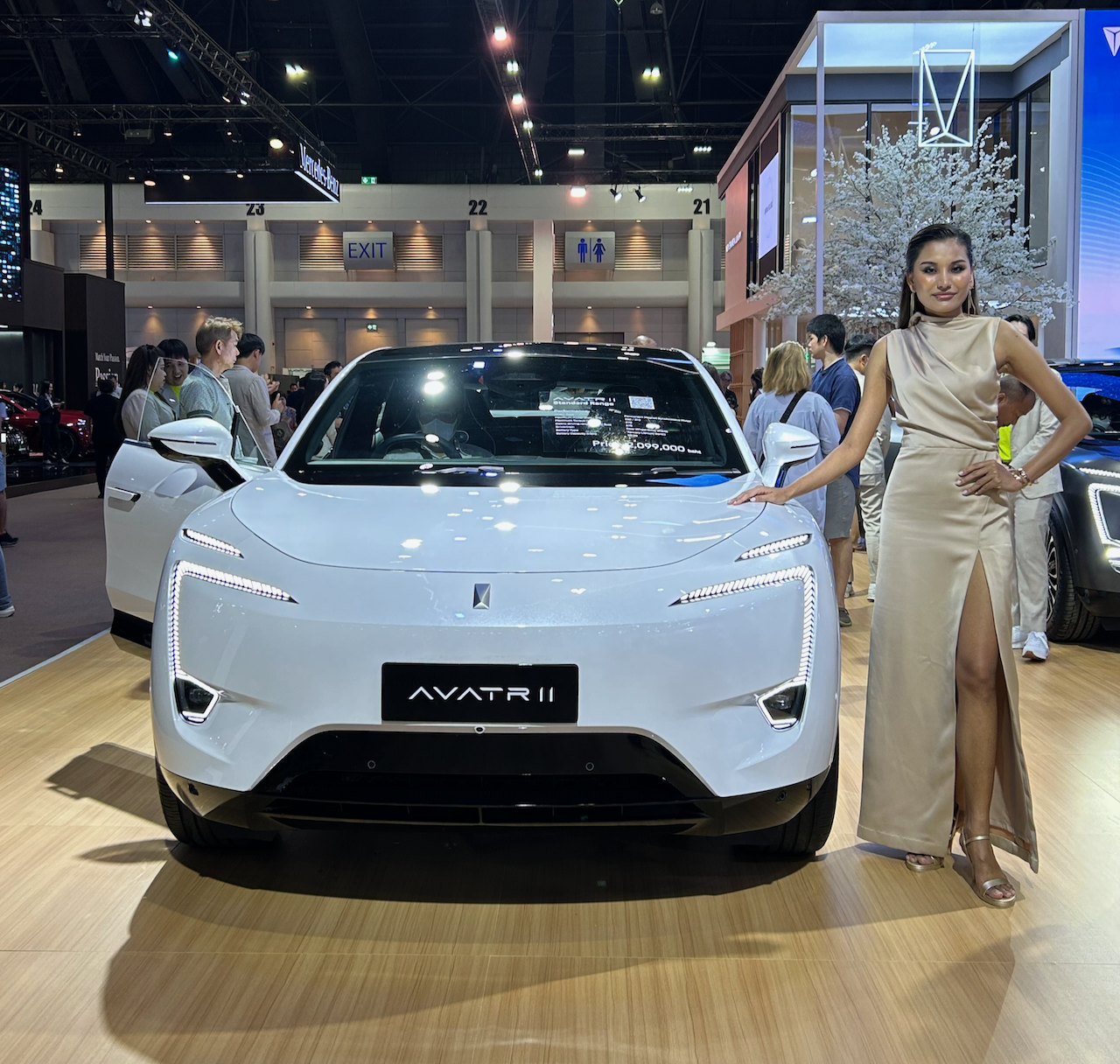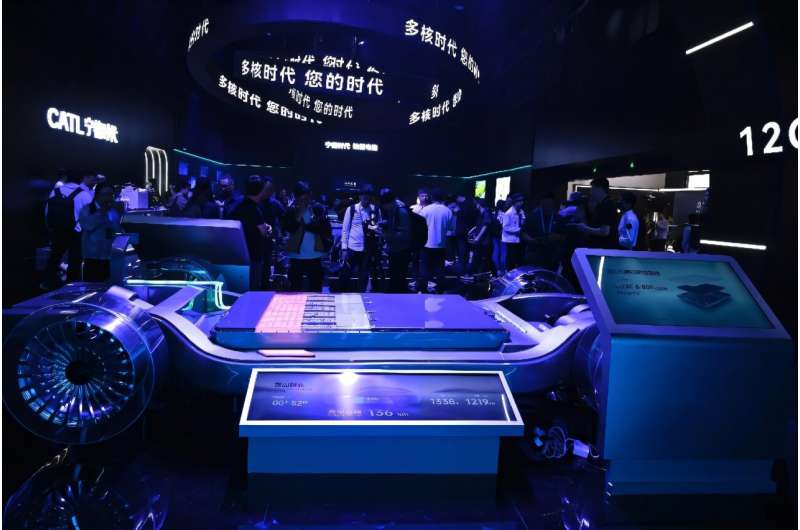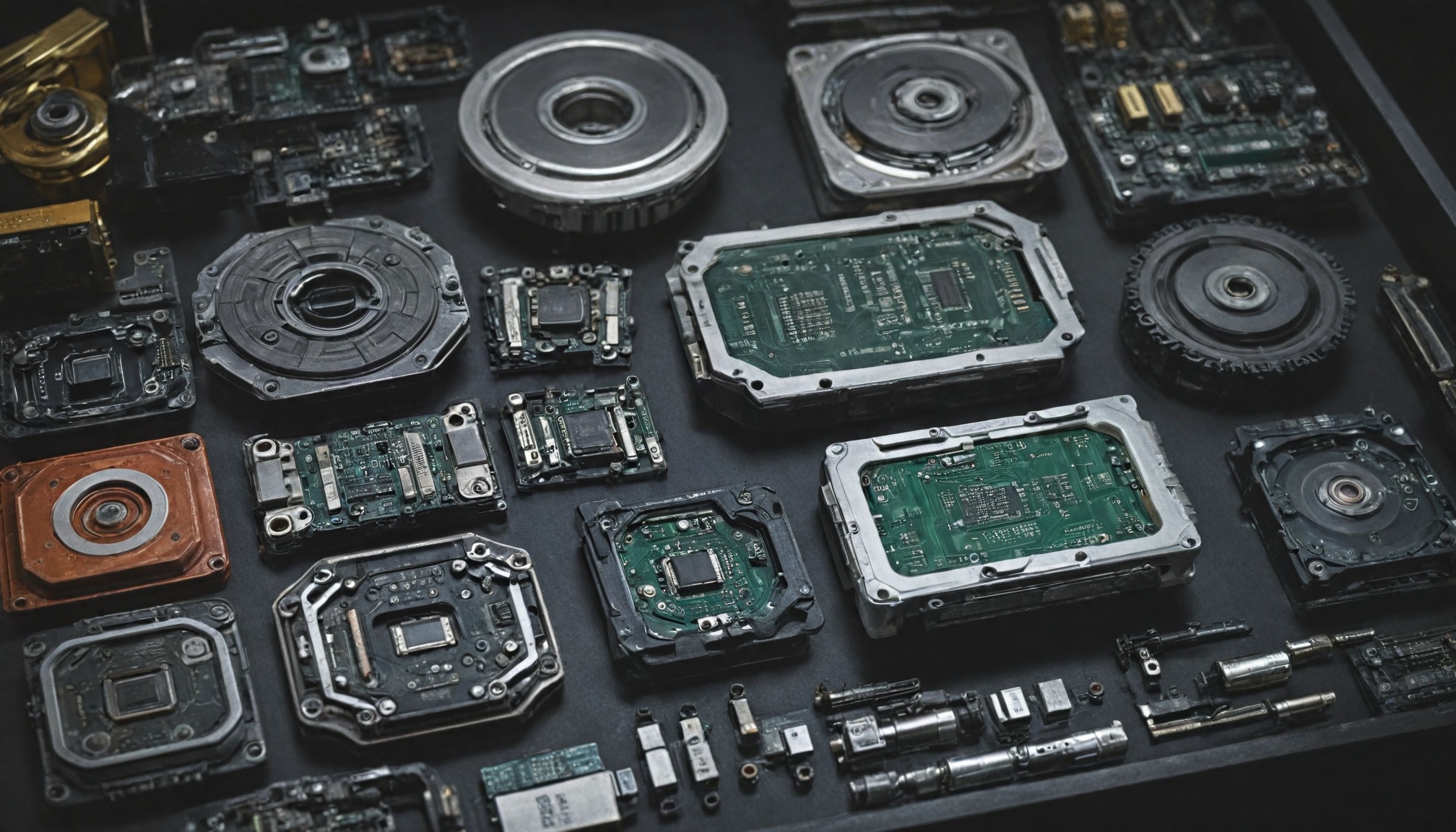
ACT Expo 2025 highlights transportation's shift to multi-pathway decarbonization, expanding beyond electrification to embrace diverse clean fuels and digital technologies.

Drivetech Partners
The ACT Expo 2025 in Anaheim has conclusively shown the transportation industry's shifting focus toward a multi-pathway approach to decarbonization rather than solely pursuing electrification. With record-breaking attendance of nearly 12,000 participants and over 500 exhibitors, the event highlighted both the impressive growth in zero-emission vehicle options and an expanded emphasis on alternative fuels and digital technologies.
Key Takeaways
Record-breaking attendance of nearly 12,000 participants signals growing industry momentum
The zero-emission vehicle market is projected to reach USD 1,984.56 billion by 2032 at a 23.9% CAGR
Industry focus has broadened beyond pure electrification to include multiple clean fuel pathways
Digital innovations including AI-driven fleet management are reshaping transportation operations
Fleet managers are increasingly seeking positive total cost of ownership across various clean technologies
Record-Breaking Attendance Signals Industry Momentum
The ACT Expo 2025, which ran from April 28 to May 1, concluded yesterday in Anaheim, California with unprecedented industry participation. The event drew nearly 12,000 attendees to the Anaheim Convention Center, setting a new record for North America's premier clean transportation event. Over 500 exhibitors showcased their latest innovations in advanced clean vehicle technologies, with the exhibition space nearly doubling in size compared to the 2023 Anaheim event.
Organized by the Transportation Research Center (TRC) and backed by presenting sponsors including Chevron, Daimler Truck North America, and Penske Transportation Solutions, the expo attracted more than 2,700 fleet operators. These decision-makers represented all transportation sectors, highlighting the broad interest in sustainable mobility solutions across the industry.
Zero-Emission Market Growth Meets Multi-Pathway Reality
The zero-emission vehicle market, currently valued at USD 442.51 billion in 2025, shows remarkable growth potential. Market projections indicate expansion to USD 1,984.56 billion by 2032 at a 23.9% CAGR, with alternative analyses predicting growth to $771.76 billion by 2029 at a 22.8% CAGR. This dramatic market expansion underscores the increasing adoption of sustainable transportation solutions.
However, the expo revealed a significant industry shift beyond pure electrification. California's relaxation of exclusive zero-tailpipe emission requirements, coupled with political uncertainty surrounding federal regulations, has created a complex planning environment. Fleet managers now find themselves weighing immediate economic realities against long-term sustainability goals, leading to a more diversified approach to decarbonization.
Technology Showcase Expands Beyond Electric Vehicles
The expo floor featured more than 200 cutting-edge clean vehicles spanning all weight classes and applications. While battery-electric vehicles (BEVs) and hydrogen fuel cell vehicles (FCEVs) maintained a strong presence, there was a notable increase in propane and natural gas vehicles compared to previous years.
This technology diversification extended to the growing emphasis on low-carbon fuels including renewable natural gas and biodiesel. Infrastructure solutions for multiple fuel types were prominently displayed throughout the exhibition hall, reflecting the industry's shifting focus toward achieving positive total cost of ownership (TCO) rather than promoting a single dominant technology.
The most successful exhibits demonstrated how various clean technologies could be practically implemented in different operational contexts, helping fleet operators identify the most suitable solutions for their specific needs.
Digital Innovation Reshapes Fleet Management
ACT Expo 2025's expanded agenda encompassed emerging digital technologies that are transforming the transportation sector. Software-defined vehicles gained prominence with their advanced functionality and upgradeability capabilities, while autonomous driving innovations demonstrated practical applications for commercial fleets.
AI-driven fleet management solutions showed measurable operational improvements, with several exhibitors presenting case studies of significant cost reductions achieved through technology integration. Advanced battery technologies addressing range limitations also attracted considerable attention, particularly solutions that could reduce overall costs while improving vehicle performance.
These digital innovations are increasingly viewed as essential components of sustainable transportation strategies, regardless of the powertrain technology being used. Their ability to optimize operations and reduce fuel consumption contributes to overall emissions reduction goals.
Educational Program Addresses Real-World Implementation Challenges
The four-day event featured comprehensive educational programming with keynote presentations and executive panels including nearly 300 leading industry voices. These sessions provided actionable intelligence for fleet transitions, focusing on practical approaches to reducing operating costs while improving emissions profiles.
Technical workshops emphasized gaining competitive advantages through early technology adoption, with real-world case studies from fleet operators demonstrating successful implementations. The educational content reflected a growing industry awareness that pragmatic approaches are essential for widespread adoption of clean transportation solutions.
Key educational topics included:
Strategies for selecting appropriate clean technologies based on operational requirements
Financial models for calculating total cost of ownership across different powertrain options
Approaches to infrastructure development that accommodate multiple fuel types
Methods for leveraging available incentives and funding opportunities
Best practices for driver training and maintenance in multi-technology fleets
Investment and Infrastructure Supporting Transition
Government commitments to decarbonization continue to drive the market through economic incentives and tax breaks, with several sessions highlighting available funding opportunities for clean transportation initiatives. The expansion of charging infrastructure development was presented as a critical component supporting the overall transition to cleaner technologies.
Energy and infrastructure providers showcased integrated solutions for fleet electrification, while automaker commitments to various clean technologies are reshaping available vehicle options. These developments reflect the industry's growing confidence in the financial viability of sustainable transportation, particularly when supported by appropriate policy frameworks.
Investment leaders participating in the expo emphasized the increasing availability of capital for clean transportation projects, particularly those demonstrating clear pathways to operational cost savings and emissions reductions.
Pragmatic Approaches Gain Traction for Sustainable Transportation
The most significant takeaway from ACT Expo 2025 was the clear evidence of a shift toward a multi-pathway approach to decarbonization rather than an all-electric future. Environmental concerns are increasingly being balanced with operational realities for commercial fleets, leading to the adoption of diverse technologies suited to specific applications.
Government policies promoting green vehicles continue to drive demand across multiple technologies, while the industry embraces pragmatic solutions alongside ambitious sustainability goals. Technological integration is enabling more efficient operations regardless of powertrain, demonstrating the transportation sector's commitment to emissions reduction through diverse approaches.
This pragmatism doesn't reflect reduced ambition for sustainability but rather recognizes that different operational contexts require different solutions. The path to decarbonization appears increasingly likely to include a mix of battery-electric, hydrogen fuel cell, and low-carbon fuel technologies working in complementary roles.
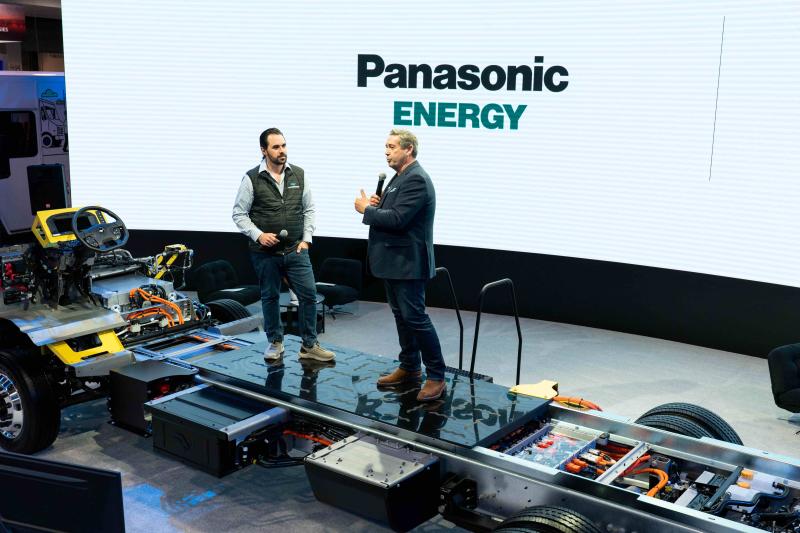
Sources
ACT Expo - Attendee Profile
ACT Expo
ACT Expo - Agenda for ACT Expo 2025 Is Now Live
Coherent Market Insights - Zero Emission Vehicles Market
The Business Research Company - Zero Emission Vehicle Global Market Report
